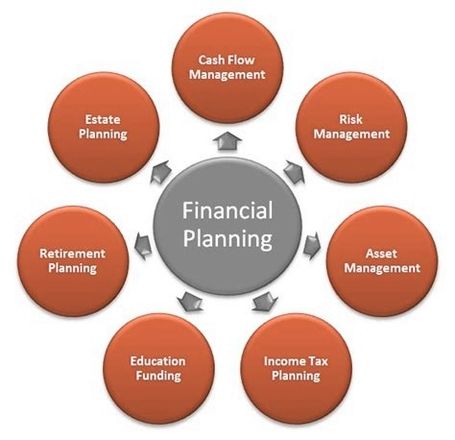
A good financial plan typically includes the following eight critical components:
1. Financial goals: Start by listing your goals, both big and small, and organize them by how soon you’ll need the money. Specify a dollar figure and a target date for each goal.
2. Net worth statement: Determine your net worth by making a list of all your assets (bank and investment accounts, real estate, valuable personal property) and debts (credit cards, mortgages, student loans). Your assets minus your liabilities equals your net worth.
3. Budget and cash flow planning: Create a budget to determine where your money is going and where you can cut back to meet your goals. A budget calculator can help ensure you don’t overlook irregular but important expenses.
4. Debt management plan: Develop a strategy to manage and pay off your debts effectively.
5. Retirement plan: Plan for your retirement by considering factors such as the desired retirement age, lifestyle, and expected expenses.
6. Emergency funds: Set aside funds to cover unexpected expenses or emergencies.
7. Insurance coverage: Evaluate your insurance needs and ensure you have adequate coverage for health, life, disability, property, and liability.
8. Estate plan: Create an estate plan that includes a will, power of attorney, healthcare proxy, and other necessary documents to protect your assets and ensure your wishes are carried out.
These components are essential for developing a comprehensive financial plan that aligns with your goals and helps you make informed financial decisions.
Please note that financial planning can also consist of other components depending on the source or context .
